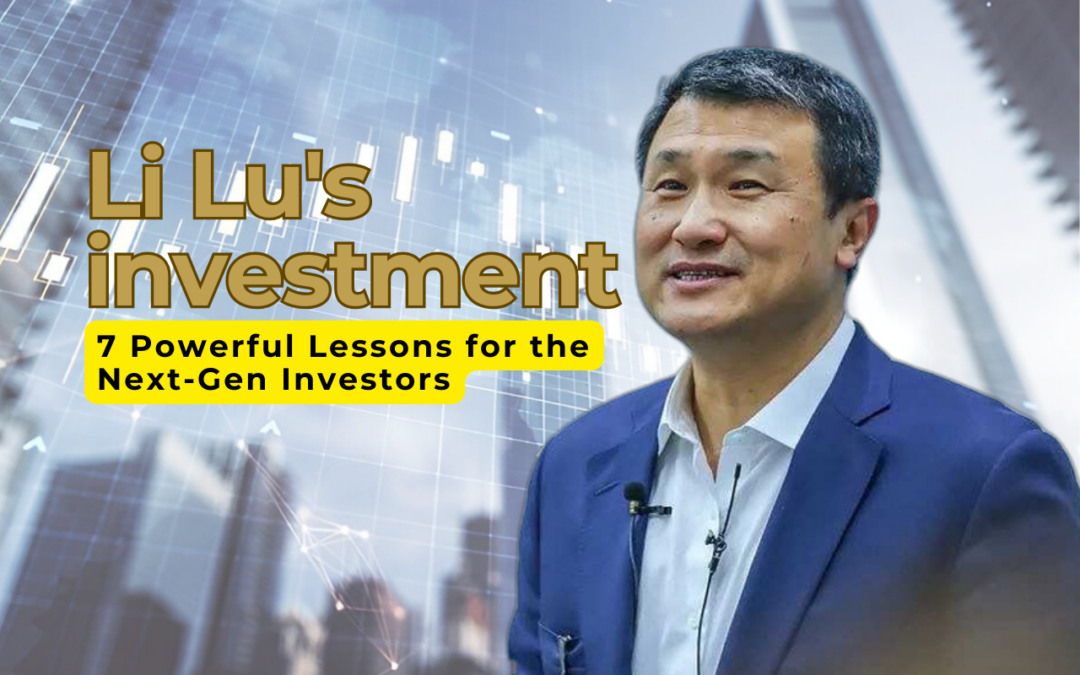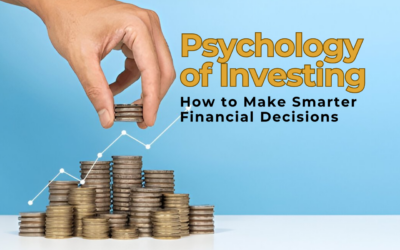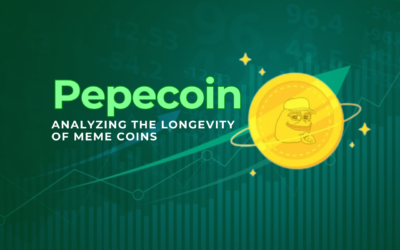In the world of investing, some names shine brighter than others, not because of aggressive marketing but due to sheer performance, consistency, and wisdom. Li Lu, often regarded as the “Chinese Warren Buffett,” is one such legend. A close associate of Charlie Munger and a key figure behind Himalaya Capital, Li Lu’s investment has demonstrated extraordinary acumen in identifying long-term value investments.
His investing philosophy is deeply rooted in value investing, yet adaptable to modern economic shifts. Next-gen investors, navigating an era of rapid technological advancements, volatile markets, and shifting global economies, have much to learn from Li Lu’s approach. This blog explores seven powerful investment lessons from Li Lu, enriched with real-world case studies and practical insights.
Lesson 1: Master the Art of Value Investing
Li Lu is a staunch proponent of value investing, a strategy pioneered by Benjamin Graham and mastered by Warren Buffett. He believes that successful investing is not about chasing trends but identifying fundamentally strong companies trading below their intrinsic value.
Case Study: One of Li Lu’s most famous investments is BYD, a Chinese electric vehicle (EV) and battery manufacturer. In the early 2000s, BYD was an undervalued company with strong fundamentals and potential for exponential growth. While many dismissed the EV market as speculative, Li Lu saw the long-term potential and recommended the investment to Charlie Munger and Warren Buffett. Berkshire Hathaway eventually bought a significant stake in BYD, which turned into a multi-billion-dollar fortune.
Takeaway for Next-Gen Investors: Instead of following market hype, focus on businesses with durable competitive advantages, strong management, and long-term growth potential. Conduct deep research to find stocks that are temporarily undervalued but have the potential to deliver extraordinary returns over time.
Lesson 2: Have a Long-Term Perspective
Li Lu warns against short-term speculation and market noise. His investment philosophy is centered on patience, allowing compound interest to work in an investor’s favor.
Case Study: Li Lu has often emphasized that true wealth creation happens over decades. His commitment to BYD, despite market fluctuations, showcases this belief. While others panicked during market downturns, he remained steadfast in his conviction. Today, BYD stands as a global EV leader.
Takeaway for Next-Gen Investors: Avoid emotional decision-making. Think in decades, not days. The best investments often require patience and conviction, even during volatile market phases.
Lesson 3: Circle of Competence Matters
Li Lu believes that investors should operate within their “circle of competence” — meaning, they should invest in industries and businesses they deeply understand.
Case Study: Instead of diversifying blindly, Li Lu concentrated on companies where he had deep knowledge and insights. His investments in Chinese businesses, particularly in the EV and tech sectors, reflect his ability to leverage his expertise in the Asian markets.
Takeaway for Next-Gen Investors: Stick to industries and businesses you understand. If you lack knowledge in a sector, either take time to learn or avoid investing in it altogether.
Lesson 4: Risk Management is Paramount
According to Li Lu, managing risk is more important than chasing high returns. He follows the Buffett-Munger philosophy that avoiding losses is the key to compounding wealth.
Case Study: During the 2008 financial crisis, many investors suffered massive losses. However, Li Lu’s conservative and well-researched approach allowed Himalaya Capital to not only survive but also take advantage of the downturn by acquiring undervalued assets at bargain prices.
Takeaway for Next-Gen Investors: Understand the downside before considering the upside. Always evaluate the risks before investing, and never bet money you can’t afford to lose.
Lesson 5: Adaptability is Key in a Changing Market
Li Lu acknowledges that while value investing principles remain timeless, markets and industries evolve. Thus, investors must be flexible in adapting their strategies.
Case Study: Unlike traditional value investors who shied away from technology, Li Lu embraced it. His investments in companies that blend tech and sustainability, such as BYD, demonstrate his ability to see where the world is headed rather than sticking to outdated value models.
Takeaway for Next-Gen Investors: Keep learning and stay open to new ideas. The best investors don’t rigidly follow old models; they evolve with the times while maintaining core principles.
Lesson 6: Find Businesses with a Strong Competitive Moat
Li Lu’s investment, like Buffett and Munger, prioritizes investing in companies with a “moat”—a sustainable competitive advantage that protects them from competitors.
Case Study: BYD’s moat lies in its advanced battery technology, vertical integration, and government backing in China’s green energy push. These factors make it challenging for new entrants to compete effectively.
Takeaway for Next-Gen Investors: Seek companies with strong brand recognition, technological advantages, regulatory support, or high customer loyalty. These factors create long-term defensibility in an increasingly competitive landscape.
Lesson 7: The Best Investors Are Voracious Learners
Li Lu’s investment is known for his deep intellectual curiosity and continuous learning habits. He believes that investing is a lifelong education.
Case Study: Throughout his career, Li Lu’s investment has immersed himself in reading and studying successful investors, businesses, and global economic trends. His ability to synthesize diverse information into actionable investment strategies sets him apart.
Takeaway for Next-Gen Investors: Commit to lifelong learning. Read extensively, analyze financial reports, study economic trends, and learn from experienced investors. Informed decisions come from continuous knowledge accumulation.
Final Thoughts: Applying Li Lu’s Wisdom in the Modern Era
For next-gen investors, Li Lu’s investment philosophy provides a robust blueprint for navigating modern markets. In an age where meme stocks, cryptocurrencies, and speculative tech bubbles attract young investors, his disciplined, research-driven approach stands as a beacon of wisdom.
Key Action Steps:
- Embrace Value Investing: Look for businesses trading below intrinsic value.
- Think Long-Term: Avoid the temptation of short-term speculation.
- Invest in What You Understand: Stay within your circle of competence.
- Prioritize Risk Management: Never take on unnecessary risks.
- Stay Adaptable: Be open to new industries and technological shifts.
- Look for Competitive Moats: Seek businesses with sustainable advantages.
- Keep Learning: Invest time in continuous self-education.
Incorporating these principles can set next-gen investors on a path to long-term financial success. Whether you’re just starting your investment journey or looking to refine your strategies, Li Lu’s wisdom serves as a timeless guide to wealth creation.












